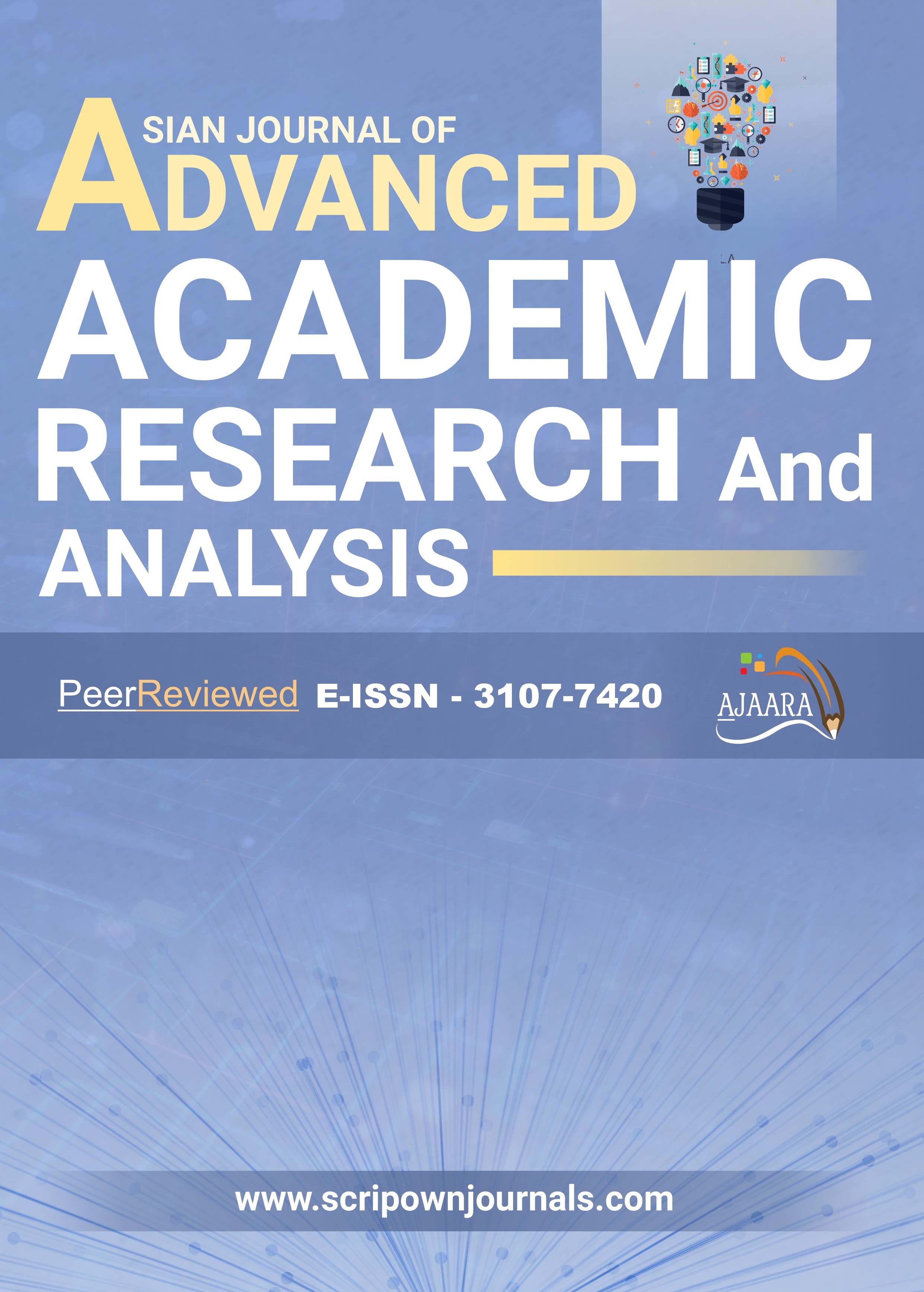Promoting Phulkari: Cultural Identity, Gender Dynamics and Economic Empowerment
DOI:
https://doi.org/10.63258/m7jgc715Keywords:
Phulkari, cultural identity, women’s empowerment, traditional crafts, Punjab, economic development, heritage preservation, gender dynamicsAbstract
Phulkari, the vibrant embroidery tradition rooted in the cultural fabric of Punjab, India, has undergone significant transformations in the face of modernisation and globalisation. This paper draws exclusively upon secondary data such as scholarly publications, official policy documents and market reports to examine how Phulkari production preserves cultural identity and fosters economic and social empowerment for women. The research explores Phulkari's enduring cultural significance by analysing historical accounts and contemporary case studies, particularly its role in reinforcing Punjabi identity through motifs, colour schemes and ceremonial usage. It further investigates the craft’s implications for gender dynamics, spotlighting opportunities and challenges for women artisans, who have traditionally served as the custodians of this heritage. The paper also addresses the economic dimensions of Phulkari, evaluating how government initiatives, non‐governmental organisations and digital platforms have supported or in some cases hindered, the craft’s commercial potential. Three core themes emerge through a thematic synthesis of secondary sources: the preservation of intangible heritage, the intricacies of gender‐based labour structures and the viability of market‐driven economic models. Ultimately, findings suggest that strategic collaborations spanning policy, private sector investments and cultural institutions are crucial to promoting Phulkari in ways that are both ethically responsible and economically beneficial. These insights underscore the craft’s potential to maintain cultural vitality while advancing women's financial independence and social standing in Punjab.
Downloads
References
Banerjee D. Museums and heritage conservation: Phulkari in contemporary exhibits. Craft Research Journal, 2018;4(2):58-72.
Basu N. The impact of British colonial rule on India’s textile traditions. Journal of Textile History, 2020;14(3):88-101.
Chatterjee P. Women and the craft economy: The case of Phulkari embroidery. Economic and Political Studies, 2021;9(2):56-70.
Chopra P. Exploring women’s empowerment in craft production: The case of Phulkari. Journal of Gender Studies, 2021;12(3):112-129.
Das K. Geographical Indications (GI) in India: Legal protection for Phulkari embroidery. Law Business Review, 2018;12(3)134-150.
Joshi T. Phulkari and contemporary fashion: Blending tradition with innovation. Journal of Fashion Marketing & Management, 2021; 9(1):134-149.
Kapoor S. Fairtrade and Indigenous textile economies: A case study of Phulkari. Journal of Ethical Business, 2019; 11(3):210-228.
Kaur H, Sharma R. Material culture and community identity: A study of Phulkari motifs. International Journal of Cultural Heritage, 2023; 15(1):45-60.
Kaur P. Phulkari: An embroidered legacy of Punjab. Textile Studies Journal, 2021;10(3):45-58.
Kumari P. Gender, craft and empowerment: Case studies from rural India. South Asian Women’s Studies, 2022;14(2):77-93.
Patel R. Women, digital platforms and sustainable craft livelihoods in India. Journal of Entrepreneurship and Innovation, 2021;6(2):134-149.
Roy M. Cooperative models in traditional crafts: Lessons from Phulkari artisans. Business & Society, 2019;7(4):223–239.
Saxena J. E-commerce and artisan sustainability: A study on Phulkari producers. SCEI Journal of Business Studies, 2022;5(1):99-115.
Sharma R, Gupta M. The symbolism of Phulkari in Punjab’s folk narratives. Journal of Cultural Studies, 2020;15(2):102-118.
Singh A. Traditional textile crafts of India: The Phulkari perspective. South Asian Textile Review, 2019;8(4):75-89.
Verma S. Ethnographic insights into Phulkari: A feminist perspective. Craft Heritage Review, 2022;12(1):33-49.











